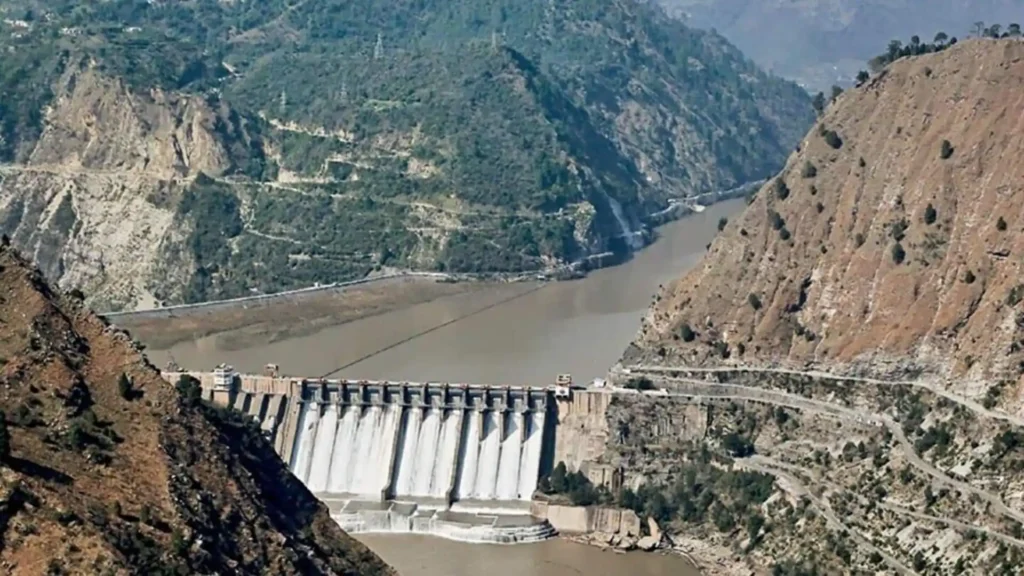Islamabad/New Delhi – Pakistan, reportedly, has made a formal appeal to India to reconsider the move of abrogation readiness with respect to the Indus Waters Treaty (IWT).
This follows worries in Pakistan regarding the stability of water supply to a vital agriculture and economy-dependent factor due to the suspension.
Calling the letter carried out with a letter from the Pakistan Ministry of Water Resources to its Indian counterpart, the US forces have pointed out the millions of Pakistanis reliant on these waters under the 1960 treaty. India has branded the unilateral stand of New Delhi to suspend the treaty as “illegal” and an “attack upon the people of Pakistan and its economy,” warning of impending catastrophe unless matters change.

After the Pakistan-based terror attack in Pahalgam on April 22 linking the Indian decision to abrogate the treaty in abeyance directly to alleged involvement by Pakistan in cross-border terrorism, India has reiterated that “water and blood cannot flow together,” PM Narendra Modi said.
Pakistan says that if all is done, India’s behaviour flouts the bedrock principles of this treaty, which were not just goodwill but also good neighborliness. Indian sources have also hinted that the changing context, both due to climate change and happening in the technological domain, prompts a reassessment of it.
Also check:- JNU Suspends MoU with Turkish University Citing ‘National Security’
The suspension has already caused downstream Pakistan to face non-navigational water flow issues, especially following India’s move on the Chenab river projects. India does not share hydrological data as far as India is concerned, and thus, Pakistan continues in the dark, more so before its sowing season. India says it can only go back if Pakistan takes action on credible steps against terrorism. Some reports said Pakistan’s plea could indicate that the country is considering a fresh round of talks on India’s key South Asia issues, including the treaty. However, as for any future talks, it’s almost going to be India insisting that it be a strictly bilateral issue and not a third-party mediation.

